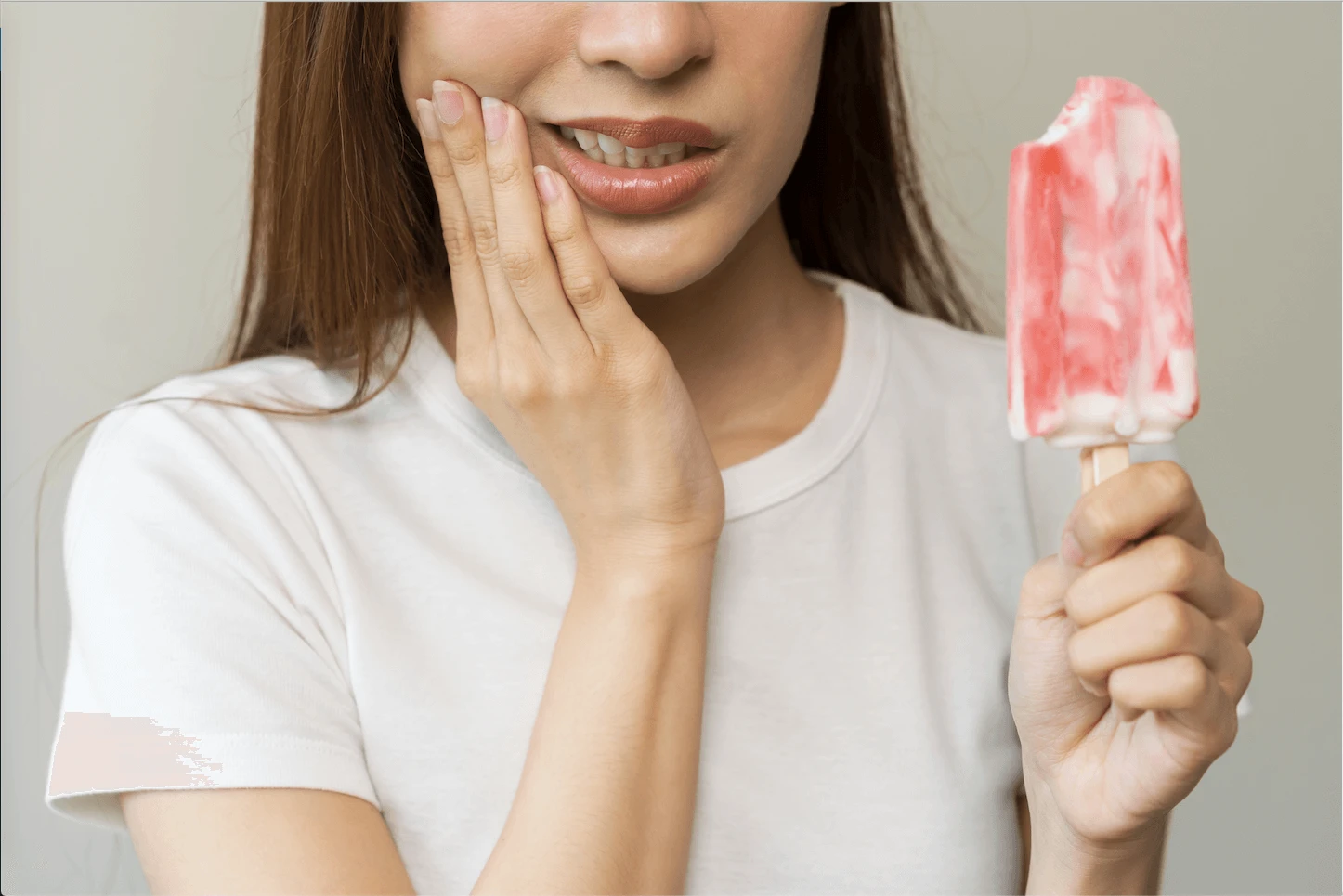Dry Mouth (Xerostomia):
Dry mouth, or xerostomia, can feel like your mouth is a desert, parched and lacking moisture. It's often a side effect of medications that interfere with saliva production. Saliva is like nature's mouthwash, keeping your mouth moist and helping to wash away food particles and bacteria. When there's not enough saliva, you might experience difficulty swallowing, speaking, or even tasting food properly. Sipping water frequently or using sugar-free gum or lozenges can help alleviate the discomfort of dry mouth.
Fungal Infection:
Medications, particularly those that weaken the immune system, can sometimes create an environment ripe for fungal growth in the mouth. This might manifest as oral thrush, a condition caused by the Candida fungus. It can appear as creamy white lesions on your tongue, inner cheeks, or roof of your mouth. Gargling with salt water or using antifungal medications prescribed by your healthcare provider can usually clear up the infection.
Gum Swelling (Gingival Overgrowth):
Imagine your gums puffing up like tiny pillows—gingival overgrowth can make that a reality. Some medications, particularly certain types of anticonvulsants and immunosuppressants, can cause your gums to swell and become inflamed. This might lead to discomfort, difficulty chewing, or even changes in your smile. Maintaining good oral hygiene and regular dental check-ups can help manage gum swelling, and sometimes your healthcare provider may adjust your medication dosage to alleviate the symptoms.
Inflammation of the Lining Inside of the Mouth (Mucositis):
Mucositis can make the inside of your mouth feel like it's on fire, with redness, swelling, and sometimes even ulcers or sores. Certain chemotherapy drugs and radiation therapy can trigger this uncomfortable side effect by damaging the cells lining your mouth. This can make eating, drinking, and even speaking painful. Using a soft-bristled toothbrush, avoiding spicy or acidic foods, and rinsing with a saline solution can help soothe the irritation. Your healthcare team may also recommend topical treatments or adjustments to your treatment plan to manage mucositis.
Mouth Sores (Ulcers):
These pesky little sores can pop up unexpectedly and make every meal feel like a battlefield. They're often a result of mucositis or as a direct side effect of certain medications, like some types of chemotherapy drugs. Mouth ulcers can be painful and make it difficult to eat or talk comfortably. Over-the-counter oral numbing agents or prescription medications can provide relief, and maintaining good oral hygiene can help prevent infections. If mouth sores persist or become severe, it's essential to consult your healthcare provider for further evaluation and treatment options.
Taste Changes, Including Metallic Taste:
Imagine taking a bite of your favorite food, only to be greeted with a metallic taste instead of the expected flavor explosion. Some medications can alter your sense of taste, leaving you with a persistent metallic or bitter taste in your mouth. This can be frustrating and make eating less enjoyable. Drinking plenty of water, chewing sugar-free gum, or sucking on hard candies can help mask the metallic taste. In some cases, taste changes may subside once you stop taking the medication, but it's essential to discuss any persistent changes with your healthcare provider.
Tooth Decay:
Even though you diligently brush and floss, you might find yourself facing unexpected cavities while on certain medications. Some drugs can indirectly contribute to tooth decay by causing dry mouth, which reduces saliva's natural protective effects against cavity-causing bacteria. Additionally, medications that contain sugar or stickiness can adhere to your teeth, providing a feast for those pesky bacteria. Regular dental check-ups and cleanings, along with maintaining good oral hygiene practices, can help prevent tooth decay while taking these medications.
Tooth Discoloration:
Imagine looking in the mirror and noticing that your once pearly whites have taken on a yellowish or grayish hue. Certain medications, particularly some antibiotics like tetracycline, can cause tooth discoloration, especially when taken during tooth development in childhood. This can be distressing and impact your confidence in smiling. Cosmetic dental treatments like professional whitening or veneers may help improve the appearance of discolored teeth. However, it's essential to discuss any concerns about tooth discoloration with your dentist or healthcare provider to explore the best options for your situation.



